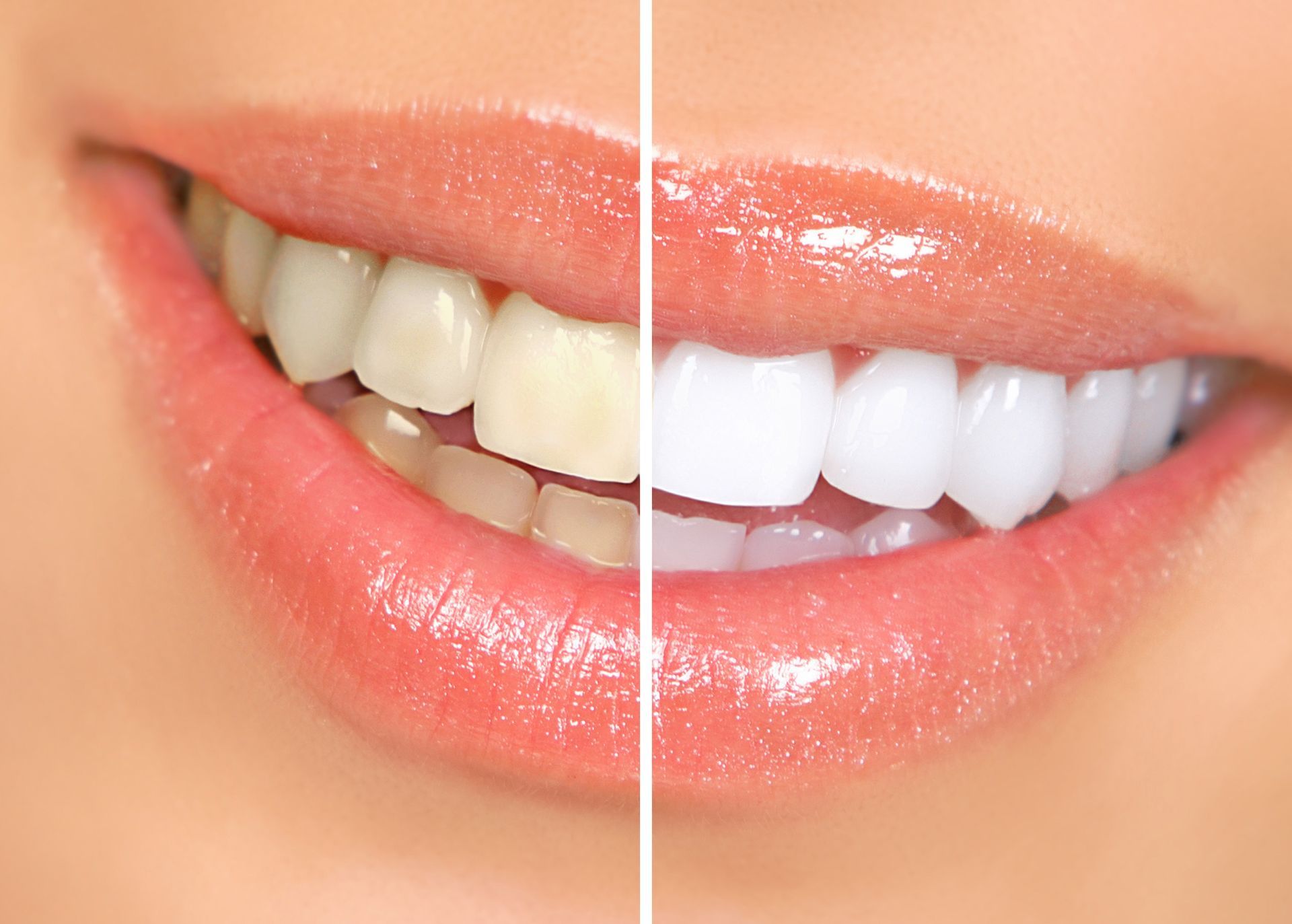Strong Teeth: A Guide to Lifelong Dental Health
Welcome back to Encinitas Dental Design Blog, where we are passionate about guiding you towards optimal oral health. In today's post, we'll not only delve into the importance of dental cleaning for a dazzling smile but also explore how it significantly reduces the risk of needing dentures. Join us on this journey as we uncover the secrets to keeping your natural teeth strong, healthy, and in your smile for years to come.
Dental Cleaning as a Defense Against Dentures:
- Preventing Tooth Loss: Regular dental cleanings play a pivotal role in preventing the conditions that lead to tooth loss, reducing the likelihood of needing dentures later in life.
- Gum Disease and Tooth Loss: Untreated gum disease is a common cause of tooth loss. Professional cleanings help prevent and manage gum disease, preserving your teeth.
Longevity of Your Natural Teeth:
- Early Detection of Issues: Regular dental cleanings allow your dentist to identify potential issues early on, addressing them before they escalate.
- Cavity Prevention: By removing plaque and tartar, dental cleanings significantly reduce the risk of cavities, ensuring the longevity of your natural teeth.
Building Strong Teeth from Within:
- Nutrition for Oral Health: A balanced diet rich in essential nutrients, particularly calcium and vitamin D, contributes to strong teeth. We'll explore dietary choices that support your dental health.
- Fluoride and Enamel Strength: Your dentist may recommend fluoride treatments during cleanings to strengthen tooth enamel, making your teeth more resilient to decay.
Habits for Healthy Teeth:
- Effective Oral Hygiene Routine: Beyond dental cleanings, a robust oral hygiene routine, including proper brushing and flossing techniques, is crucial for maintaining strong teeth.
- Avoiding Harmful Habits: Steer clear of habits such as teeth grinding and using teeth as tools, as they can weaken and damage your teeth over time.
Lifestyle Factors for Oral Health:
- Tobacco Cessation: Smoking and tobacco use are detrimental to oral health. Quitting these habits not only benefits your overall health but also contributes to stronger teeth.
- Moderating Sugar Intake: Limiting sugary snacks and beverages reduces the risk of cavities and preserves the strength of your teeth.
Incorporating regular dental cleanings into your oral care routine is a proactive step toward preserving your natural teeth and minimizing the risk of dentures. At Encinitas Dental Design, we are dedicated to empowering you with the knowledge and care you need for a lifelong, healthy smile. Schedule your next dental cleaning with us, and let's work together to ensure your teeth stay strong and bright for years to come. Your smile is worth it!


